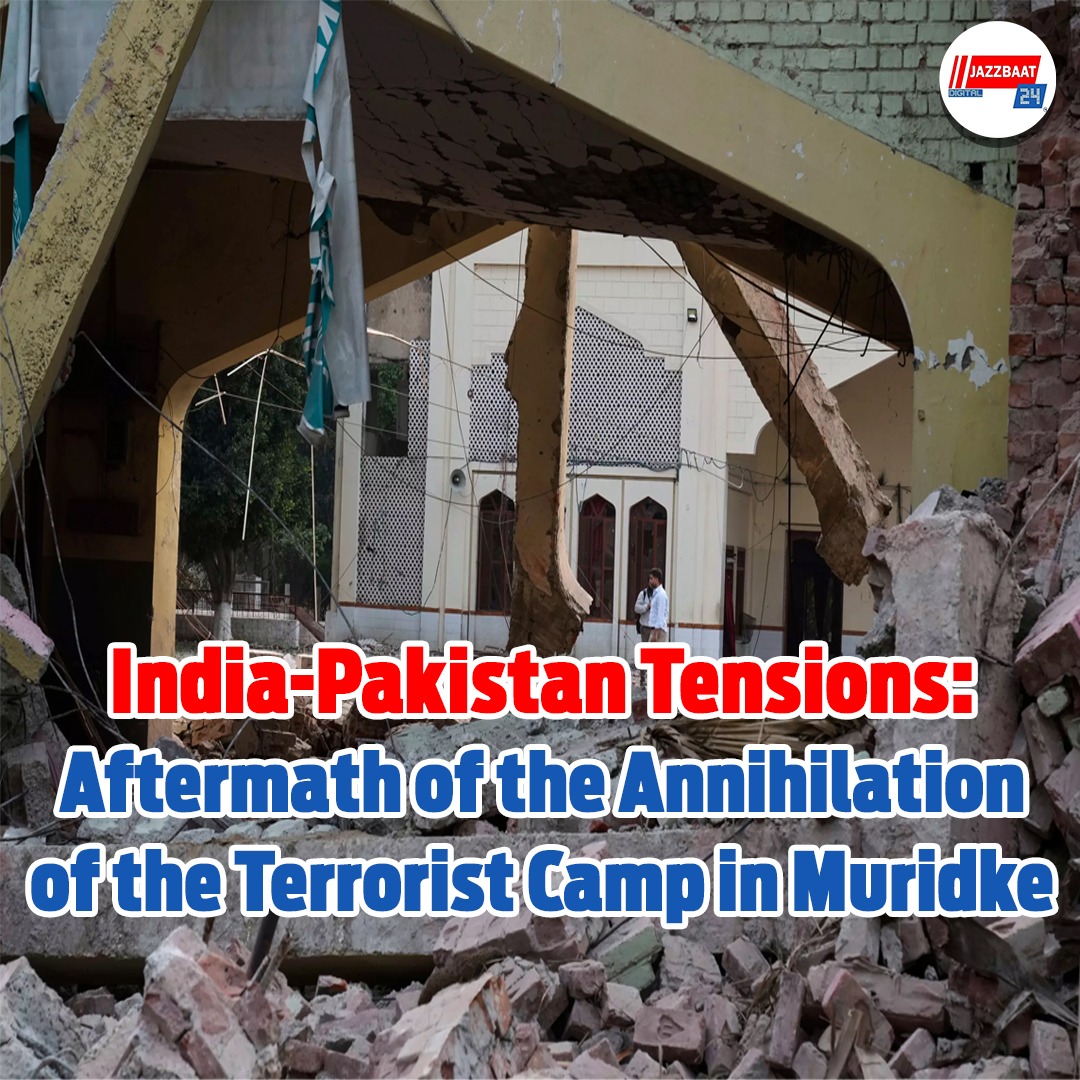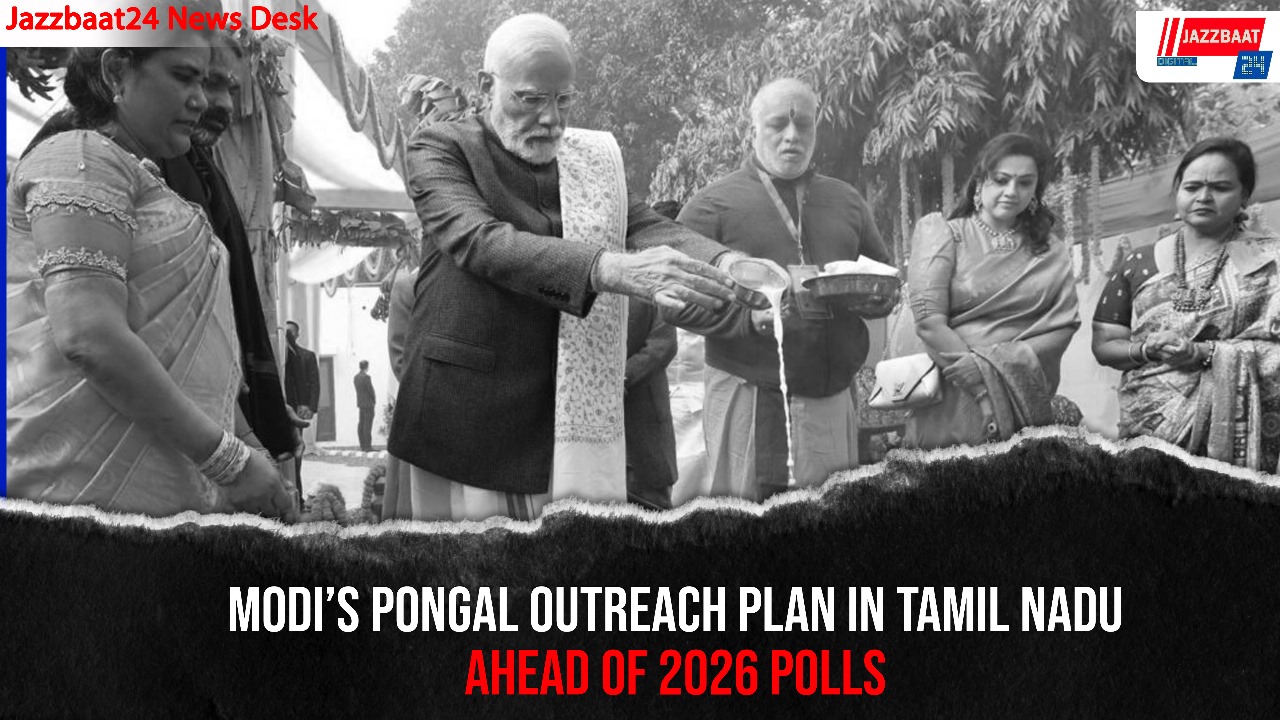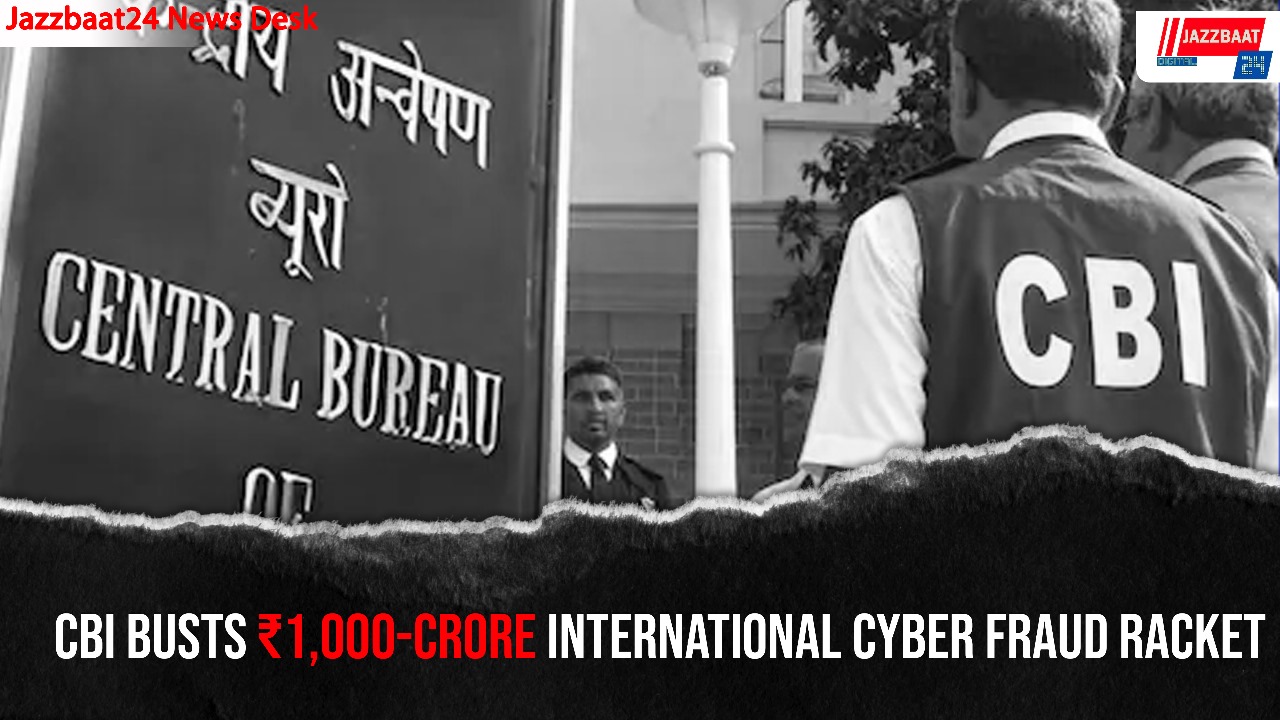India's latest military action, which was conducted on the terrorist camp in Muridke, Pakistan, has provided a new angle to the geopolitical and security scenario in South Asia. India's Defence Ministry stated that the assault had been conducted under "Operation Sindh" on the terrorist camp in Muridke, Pakistan, where Lashkar-e-Taiba (LeT) and Jaish-e-Muhammad (JeM) existed.
Muridke, a small town in Punjab province, has been famous for terrorist training and planning for years. It is also the place where the principal headquarters of the Lashkar-e-Taiba organization are situated, which have conducted a number of terrorist attacks in India. Indian military experts stated that the attack was conducted on the basis of "actionable intelligence" and was made to destroy the infrastructure of the terrorist outfit. Nevertheless, the Pakistani government stated that the institution was really an educational and health facility, and that the Indian attack was on civilians.
Following this attack, the Pakistani government has warned of retaliation and there has been alarm in the international community. A number of countries, including the United Nations, the United States, the United Kingdom, China and Turkey, have appealed for bilateral restraint. Experts say that because India and Pakistan are both nuclear states, this tension may prove hazardous to the security of the entire region.
India has explicitly made it clear that it has adopted a very hard line against terrorism, and that it can destroy any source of danger to its security. Nevertheless, the claims made by the Pakistani government in connection with this attack will turn into an international relations challenge, and this tension can grow stronger in the future.
As far as the context of this attack goes, authorities maintain that this move on the part of India is not only a defense measure, but also a diplomatic one. India wishes to make a clear statement regarding the epidemic of terrorism in the region of South Asia. India feels that when terrorism comes with state support, it is absolutely necessary to take firm action against it.
This event will introduce a new turn in the subcontinent's political scenario, wherein India's stance can get stronger, but it would be unacceptable to Pakistan — there is a likelihood that it won't. It may prove to be the start of a cold war, which may then develop into more geopolitical instability. But India's motive is evident — to persist in its policy of zero tolerance toward terrorism and convey a message to the global community that it cannot tolerate terrorism.





